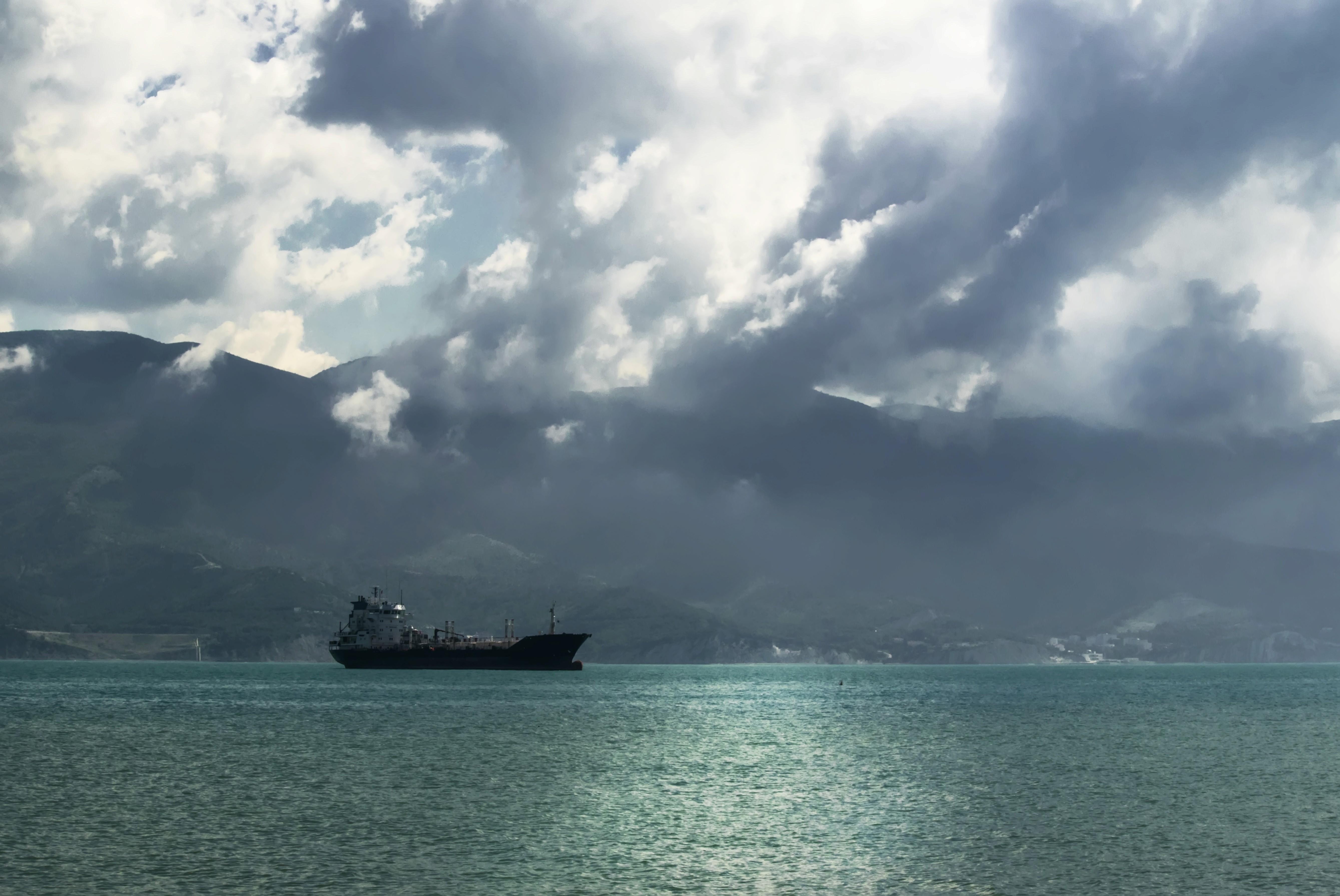
Maritime companies are stuck in the early stages of AI adoption, unable to scale beyond small experiments as widespread optimism collides with implementation reality, according to new industry research.
The study “Beyond the Hype: What the maritime industry really thinks about AI” by Thetius in partnership with Marcura, a leading maritime technology and services provider, combines 130 survey responses and in-depth interviews with maritime professionals.
It reveals a sector that is both eager and cautious: 82% are optimistic about AI and 81% are running pilot projects, yet 37% have personally witnessed AI failures and only 11% have formal policies to guide scaling.

Access the full research to gain actionable insight into how you can scale AI deployments within your organisation
The research identified clear consensus on where AI delivers value:
97% see benefits in reducing manual workflow inefficiencies
87% see obvious potential for AI in charter party contract analysis, and identifying risky voyage decisions.
However, 69% believe that AI solutions might miss critical red flags in contracts or voyage planning, leading to poor business outcomes.
"A general AI agent might say that SF means standard form, but in shipping, it means stowage factor,” explained Janani Yagnamurthy, VP Analytics at Marcura. "Off-the-shelf solutions might automate basic processes, but they miss the nuanced context that maritime professionals rely on. That's why we've invested in building AI specifically trained on maritime data, language, and workflows rather than trying to adapt generic tools."
AI and Human Expertise Together Drive Real Wins
Despite their general enthusiasm for AI, maritime professionals overwhelmingly reject full automation. 70% believe AI should recommend actions but humans should always make the final decision, while 66% are concerned about overreliance on the technology eroding human skills and judgment.
"When change happens, it’s very natural to fear losing control. Skilled maritime professionals have spent decades honing their judgment in high-stakes roles like chartering and operations," explained Janani Yagnamurthy, VP Analytics at Marcura.
"The best AI functions like a co-pilot, not a replacement, providing insights but always leaving the final decision up to the professional who understands the full context. As seen in some legal cases, relying on AI without human oversight can cause errors and even cross into professional misconduct."
Maritime-Specific Solutions Break Through
While generic AI implementations struggle, purpose-built maritime solutions are demonstrating clear value. Marcura's AI-powered charter party analysis helped one dry bulk operator avoid over $120,000 in potential losses by identifying four critical clauses missing from a draft agreement.
Marcura's approach differs from generic AI providers by embedding AI agents directly within maritime workflows and training specifically on maritime language and contract structures, with each client's data kept in isolated, secure environments.
Scaling Requires Strategy, Not Just Enthusiasm
The study identified inadequate training as the biggest barrier to scaling, cited by 38% of respondents. The governance gap is equally stark: while 81% run pilots, only 17% have transparent processes for how AI makes decisions within their organisations.
Nearly a quarter express concerns about vendor claims outpacing real-world results.
Access the full findings here.

Learn more about Marcura AI






